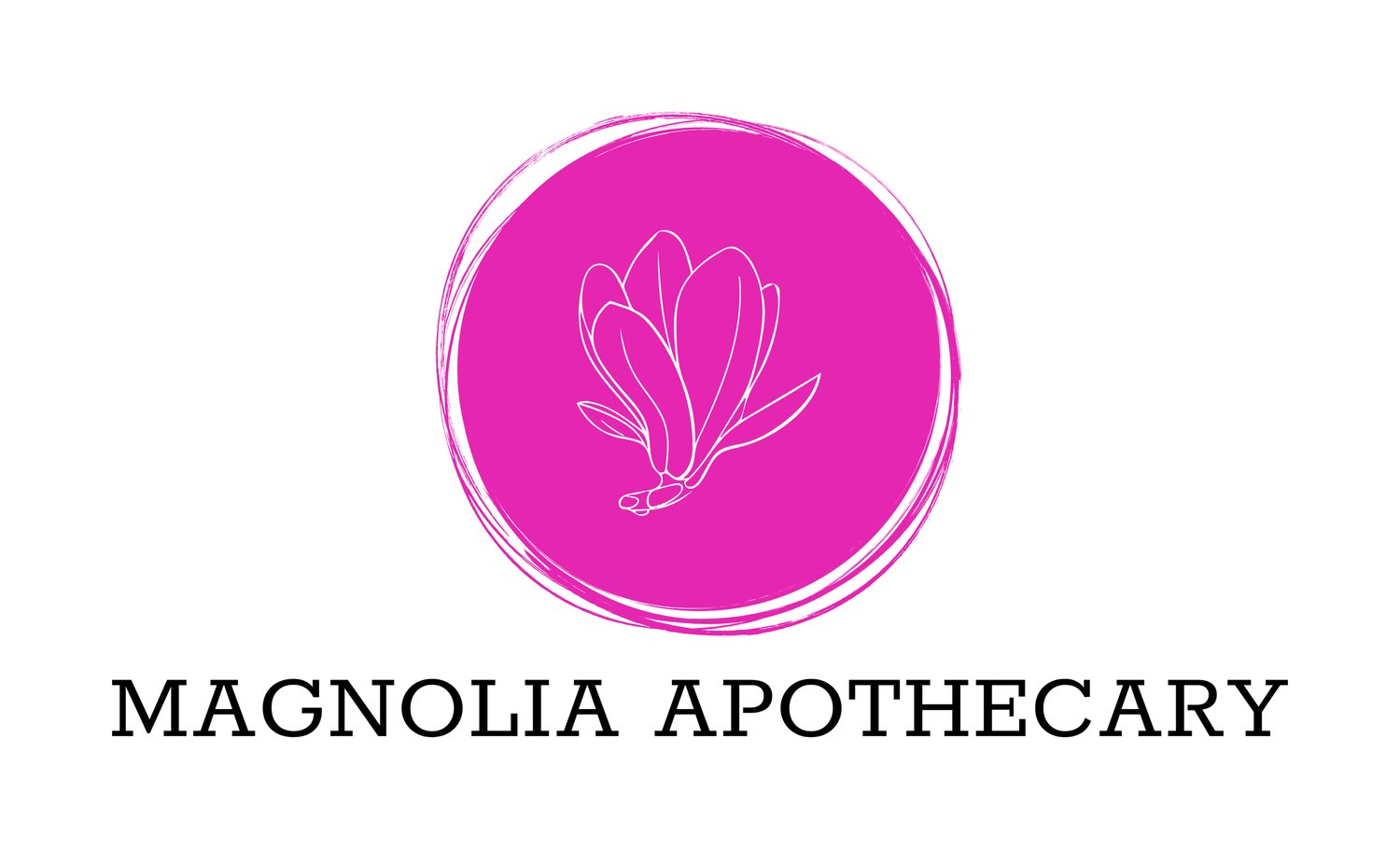Mental Health Nutrition
Mood Disorders, Anxiety, Depression, Bipolar, Sleep disorders, Post Natal Depression, all of these are considered a Mental Health condition.
It is such a big area of discussion and one that often needs to be taken cautiously. While some people happily admit to their mental health struggles others hide from it and prefer to think that they are fine.
There has been such a big increase in the number of people experiencing mood disorders post Covid and the discussions have also increased. This is good as the more we talk about it the less isolated you can feel.
This month is Mental Health Month, so I wanted to discuss the impact of food and how it affects your mood. I am sure many of us are aware that when you eat take-away you often feel it in the gut later, maybe bloating or feelings of fullness and not wanting to move around.
If you have read any of my other posts, you may also be aware that I am passionate about explaining the connection between your gut and your brain. The gut and brain have a superhighway between them, and the communication goes both ways. Hence you might experience butterflies in your gut when you are feeling nervous, or why anxiety symptoms can impact the bowel.
It’s a bit of a cycle as well because once you are feeling stressed you are operating in flight and fight mode, and you effectively turn off the digestive system. This causes the gut to become inflamed and can lead to a leaky gut situation. We often say “Leaky Gut – Leaky Brain”.
So, what all this means is that what you eat has a big impact on your mood. Eating the right kind of nutrients can help to nurture the Nervous system and hence make you feel much better.
Eating enough protein is essential for good sleep as well as supplying enough starting ingredients for your neurotransmitter production. That is your Dopamine (motivational), Serotonin (feel good), GABA (relaxing) and melatonin (Sleep). There are more but these are the most talked about ones.
What you eat plays an important part in how you feel and function, not just on the same day but for days and weeks later. Our bodies are exceptional beings and will often let us know when we are depleted in nutrients. This can be guided by your cravings.
Chocolate is always a big one. But if you are craving chocolate then it is likely you are magnesium deficient.
Fat cravings like butter and peanut butter may mean you are lacking Omega fatty acids or calcium.
Carbohydrate cravings, especially for things like pasta, biscuits and baked goods can indicate a tryptophan deficiency and is an indication, you need to be eating more protein instead of carbs. Tryptophan is the starter for serotonin and melatonin.
Cheese cravings can indicate calcium deficiency or Vitamin D deficiency and I would suggest you consume nuts and seeds over cheese.
Bread cravings can indicate a nitrogen deficiency and eating protein helps to improve this rather than consuming carbs.
Cravings for salty foods can indicate chloride, potassium or vitamin C deficiency.
Ice (as in the cold frozen type from the freezer!) cravings are a sign of iron deficiency and should always be checked out by your GP especially if fatigue is present.
When experiencing mood disorders, it can be difficult to focus on what to eat, especially if you are not sleeping properly. However focusing on your food is a good idea if you want to avoid taking medication to help resolve any mood issues. Nutrition for mental health is not an area GPs are likely to address.
Feeding your body, the right nutrients it needs, to function optimally, will help improve mood, improve sleep and improve motivation. Therefore when you are feeling better you are more likely to work towards your goal or health outcome.
A general rule is to include macronutrients in every meal (also considered a more balanced approach). The macronutrients are:
Protein – meats, eggs, cheese, fish and plant sources
Carbohydrate – bread, pasta, rice, quinoa, legumes (can also have protein element)
Fat – good fats like avocado, nuts and seeds, some saturated fats like organic butter, ghee and coconut oil (although in moderation especially if you have cholesterol issues)
A day of balanced meals may look like this:
Breakfast – poached egg, on toast with avocado – adding in some spinach, mushrooms or tomatoes
Lunch – nice big leafy green salad, with a piece of protein (chicken, turkey, beef), egg or cheese. You can use a slice of bread, or some rice crackers as your carb. An apple.
Dinner – Baked fish with roast vegetables, including sweet potato, potato, pumpkin, cauliflower and some steamed greens (broccoli, asparagus, zucchini etc). The potato is your carbohydrate in this meal.
Unless you are an athlete or have diabetes then snacking is not needed. It is always good to allow around 5 hours between meals. This gives the digestive system a chance to break down and absorb the nutrients from that meal and empty into the small intestines. It’s a bit like the theory behind intermittent fasting. The stomach has emptied and therefore not overloaded with food in different stages of processing.
Of course, we must also mention vegetables! And plenty of them. They are full of antioxidants and phytochemicals needed for a balanced approach to eating. They are also important for fibre and help to provide you with vitamins and minerals, rather than relying on a tablet.
Leafy greens are full of magnesium, folate and B vitamins which are needed as co-factors to help the amino acids (from your protein) get broken down into neurotransmitters. And this is how food helps with mood!
If you need a more personalised approach then book in to have a chat
